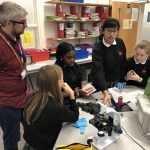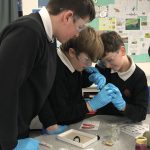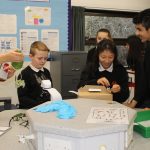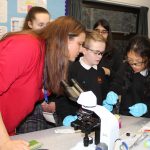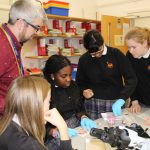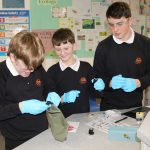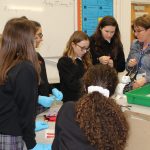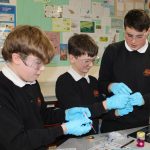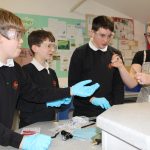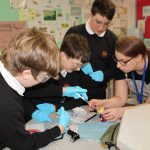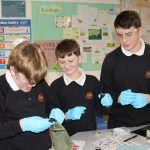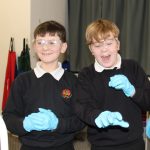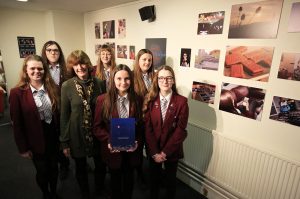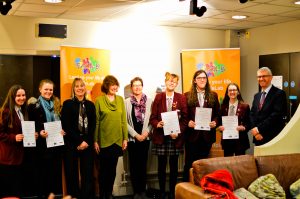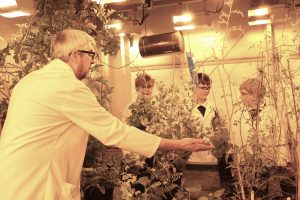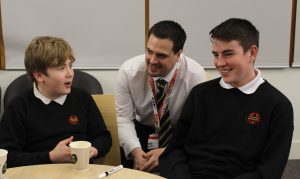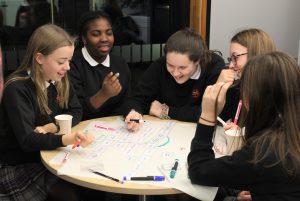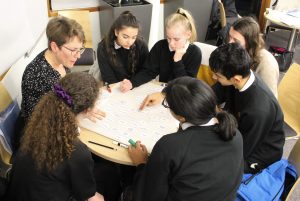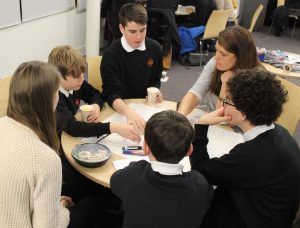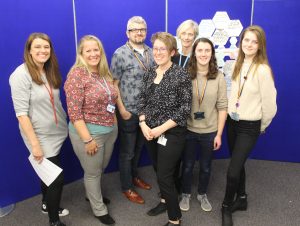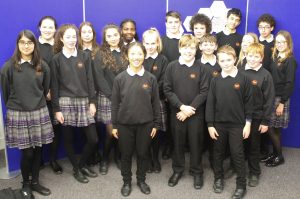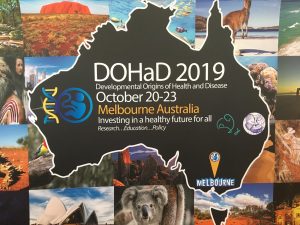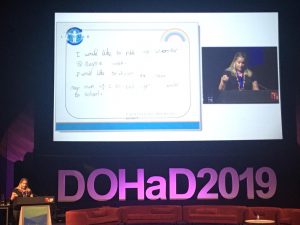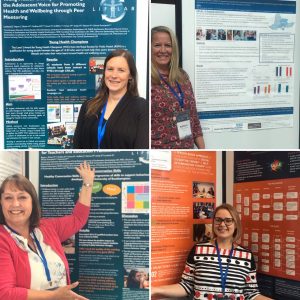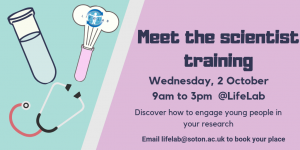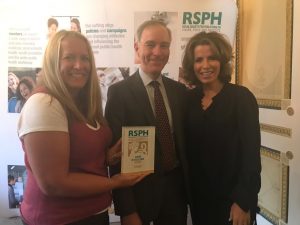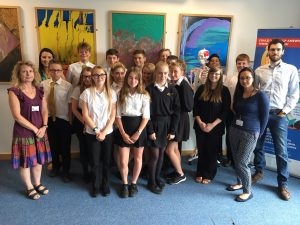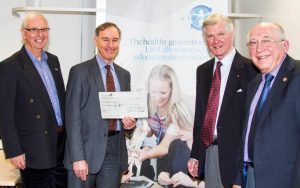Empowering young people to make positive changes for their own lives and those of their future children is never a vision that could be confined by borders.
Welcoming international visitors to see and feel LifeLab’s impact and showcasing our work to the world, most recently at the DOHaD conference, has meant the project has continued to grow and develop; using the best of the other practices we see and sharing our own learning and knowledge.
It seems almost fitting then that on the day Britain bows out of the European Union, we are striving to make our links with our international community that much stronger.
Today two colleagues from Barcelona’s Ramon Llull University are sitting in on a professional development day that we are hosting for our new research trial EACH-B to learn more about how we are engaging and supporting young people in behaviour change.
They are here as part of an exciting new venture as LifeLab prepares to go international by collaborating on a project to develop LifeLab Community Networked Schools.
Led, in the UK, by Associate Professor Chris Downey from Southampton Education School at the University of Southampton, a bid is being prepared to fund this new project which will cement our outward-looking vision to improve health for all.
The project will take advantage of the know-how and experience we have amassed with more than 10 years of experience of promoting the well-being of young people in the UK. Consortium partners from universities and schools involved in the project from centres in Europe will work with local organisations that are relevant for the promotion of health and science education.
This project is rooted in the power of social capital, which is fundamentally the willingness of people to help each other
If funded, the project would engage with school leaders to explore opportunities to open their schools to wider community resources and learning opportunities and promote community social capital. In short, using the links that schools already have in their communities to build trusted networks through which work around lifestyle changes and healthy behaviours could be shared and supported.
This project builds partnerships across countries to develop and implement the activities. Headed up by our partners in Spain, the partnerships are already well established as a result of the pre-existing NetEduProject, a global group of researchers seeking to support school leaders in understanding the potential of the social capital within and around their schools.
For our part, LifeLab would work with schools in Southampton, exploring the community networks that we could develop to increase understanding around the value of changing behaviours to lead healthier lives.
Chris said: “We are excited by this opportunity to link the work of NetEdu and LifeLab through developing the Community Networked Schools project. The collaboration with our partners in Barcelona, and their work on social capital in schools and in health education, has revealed a wealth of common opportunities and challenges for us to explore in our work.”
Although plans are still to be finalised and the bid has yet to be submitted to European funders, we felt today was the right time to share these plans which, far from breaking away from our European family, shows our commitment and excitement at deepening those ties.
